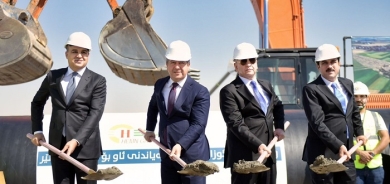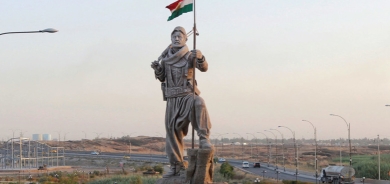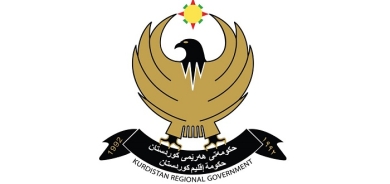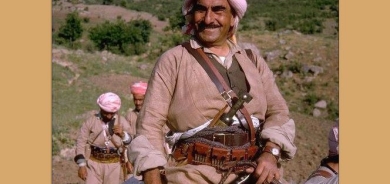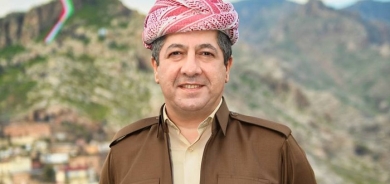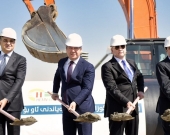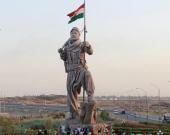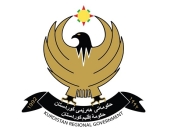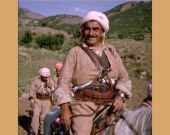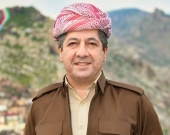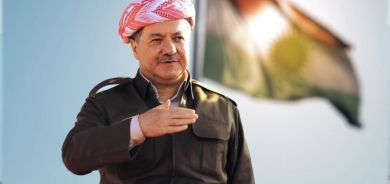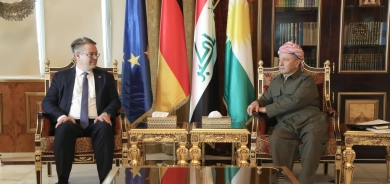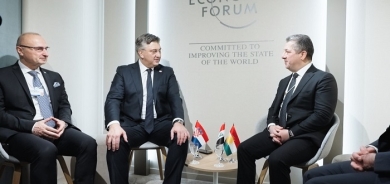Prime Minister Masrour Barzani's Agricultural Renaissance in the Kurdistan Region

In a vigorous display of dedication to agricultural advancement, Prime Minister Masrour Barzani of the Kurdistan Region has been on a relentless tour across the region, inaugurating new agricultural projects daily. This initiative embodies the ninth cabinet's steadfast commitment to developing the agricultural sector and enhancing water resources, providing robust support to the region's farmers.
A Turnaround in Agricultural Fortunes
A little over four years ago, the agricultural landscape in the Kurdistan Region was marked by profound challenges. Farmers faced difficulties in selling their produce, resulting in diminished yields and growing dissatisfaction. The market was inundated with imported products, further discouraging local farmers, some of whom resorted to discarding their crops in protest.
Policy Reforms and Increased Investments
Under the dynamic leadership of Prime Minister Barzani, the ninth cabinet has instituted transformative policies that have rejuvenated the agricultural sector. Investment in agriculture has seen a substantial increase, climbing from a modest 1.8% to over 9% of the total investment in the Kurdistan Region. This surge in investment underscores the government's prioritization of agriculture as a pivotal sector for regional development.
Implementation of Agricultural Projects
In a span of just four years, the Kurdistan Region has witnessed the launch of more than 2,175 agricultural projects across various cities and towns. These initiatives have included the excavation of approximately 25,000 wells, significantly bolstering irrigation and water management capabilities.
One of the most remarkable accomplishments is the construction of the region's largest wheat marketing project. This initiative encompasses the establishment of 12 new silos and 27 open-air grain storage facilities, boasting a combined storage capacity of around 900,000 tons of wheat. This project addresses a critical concern for farmers, ensuring improved storage and marketing avenues for their produce.
Self-Sufficiency and Export Growth
The Kurdistan Region has made significant strides towards self-sufficiency in numerous agricultural products, including potatoes, corn, cucumbers, and a variety of fruits and vegetables. The ninth cabinet has also achieved notable success in exporting local produce.
In 2022, the region exported 2,000 tons of pomegranates to the UAE and other Gulf countries. Building on this success, there are plans to expand exports to include grapes, honey, apples, and more, targeting markets in the UAE, Saudi Arabia, Bahrain, the UK, and Europe. Additionally, Kurdish rice and sesame seeds have found strong demand in foreign markets, particularly in countries with a significant Kurdish diaspora.
Moreover, dairy products, olive oil, tomato paste, and other goods now meet a substantial portion of domestic needs, showcasing the region's growing self-reliance.
A Comprehensive Strategy for Agricultural Revitalization
Prime Minister Masrour Barzani's efforts represent a comprehensive strategy aimed at revitalizing the agricultural sector in the Kurdistan Region. By significantly increasing investments, implementing strategic projects, and expanding export opportunities, the ninth cabinet is laying the foundation for a brighter and more prosperous future for Kurdish farmers. This strategic approach not only enhances food security but also promotes economic diversification and resilience in the Kurdistan Region.
The progress made under Prime Minister Barzani's leadership highlights a transformative era for the region's agricultural sector. With continued support and innovative policies, the Kurdistan Region is poised to achieve unprecedented growth and sustainability in agriculture, setting a benchmark for other regions to emulate.

